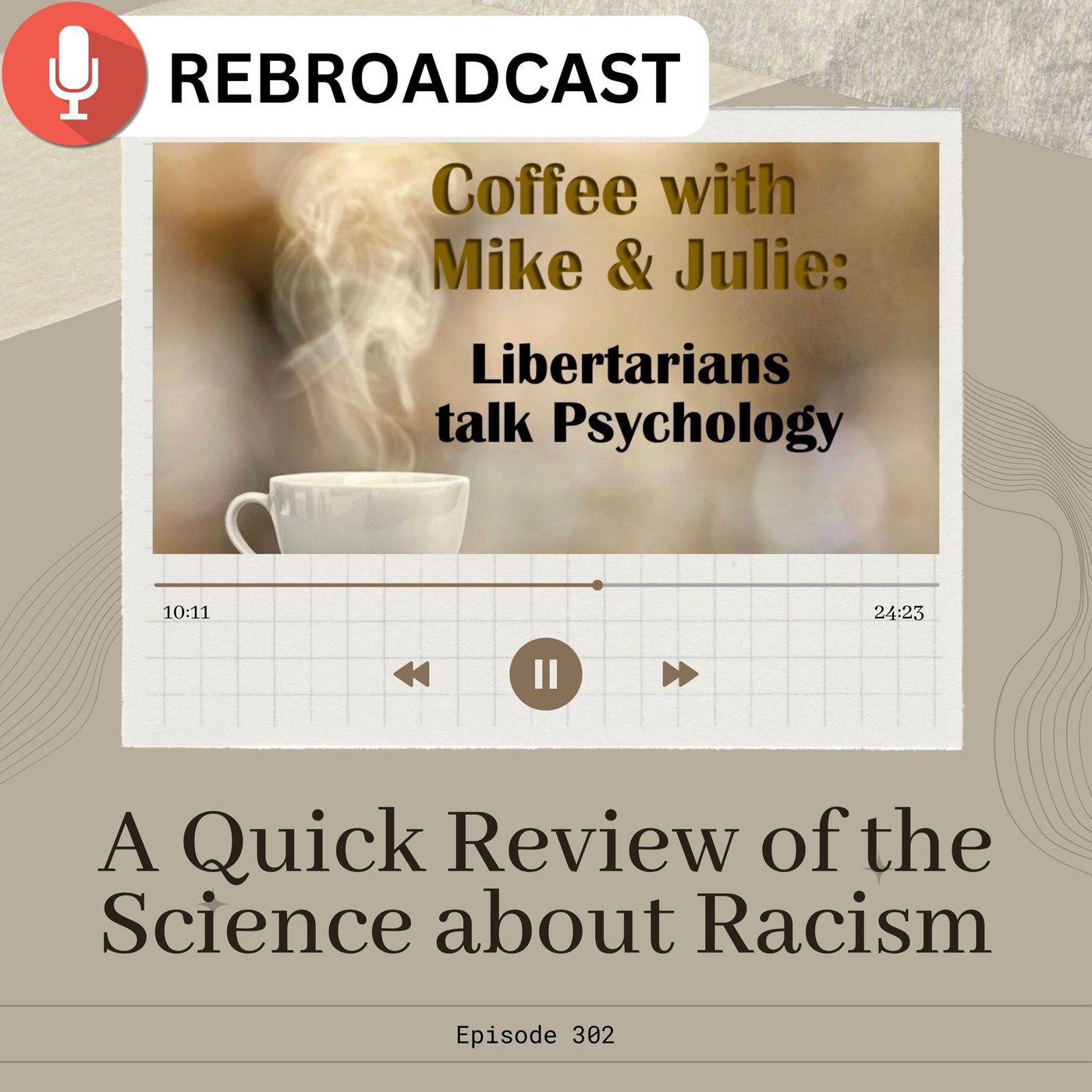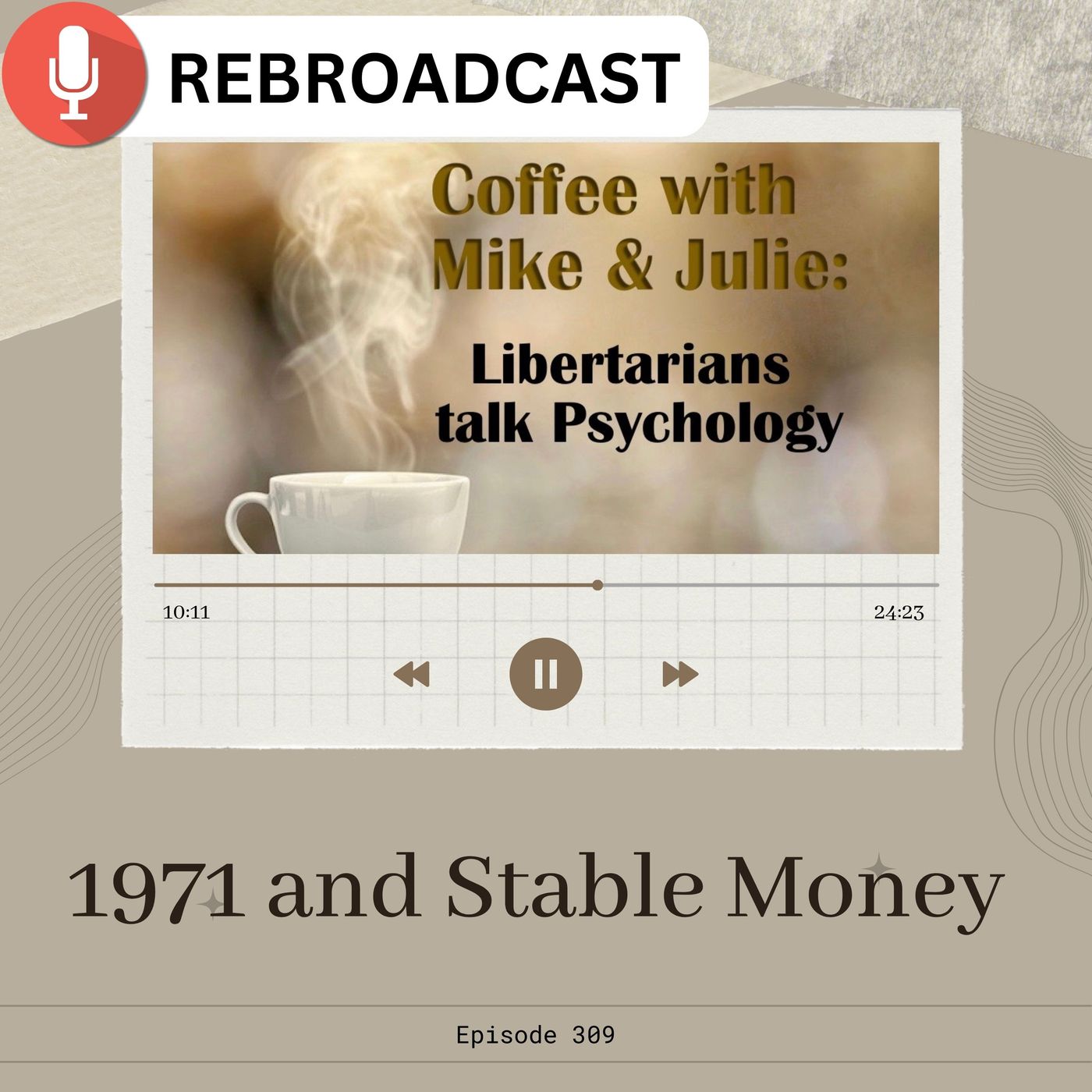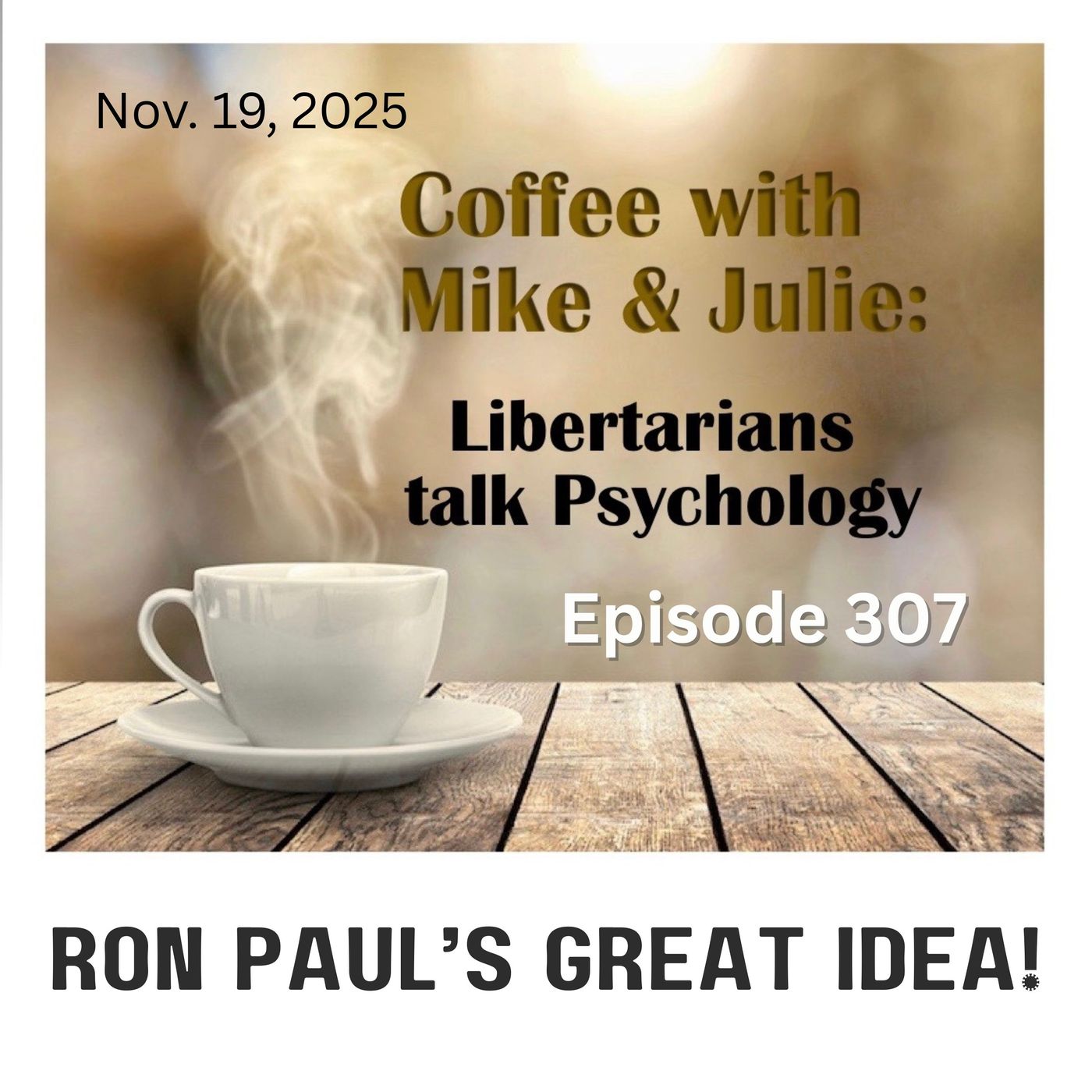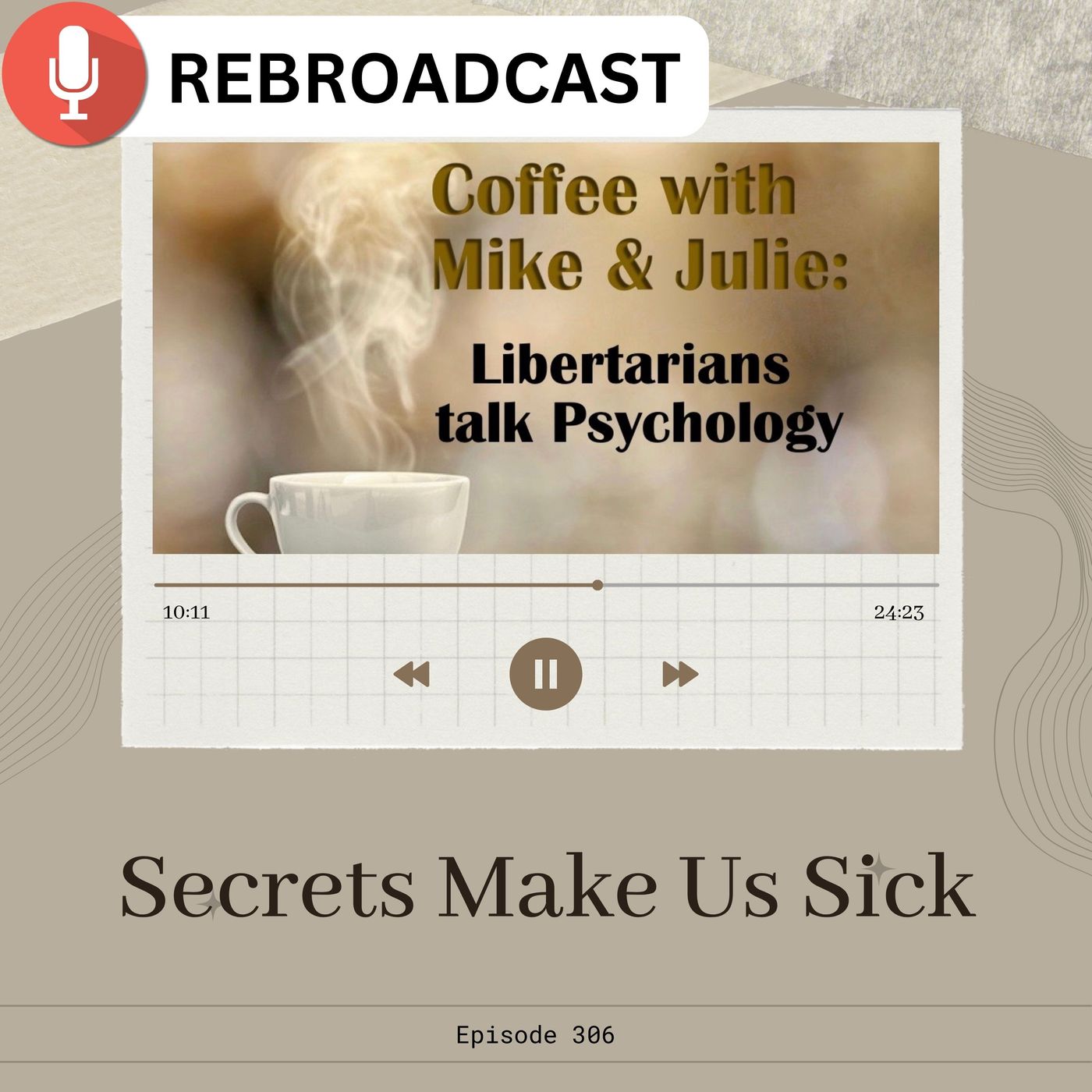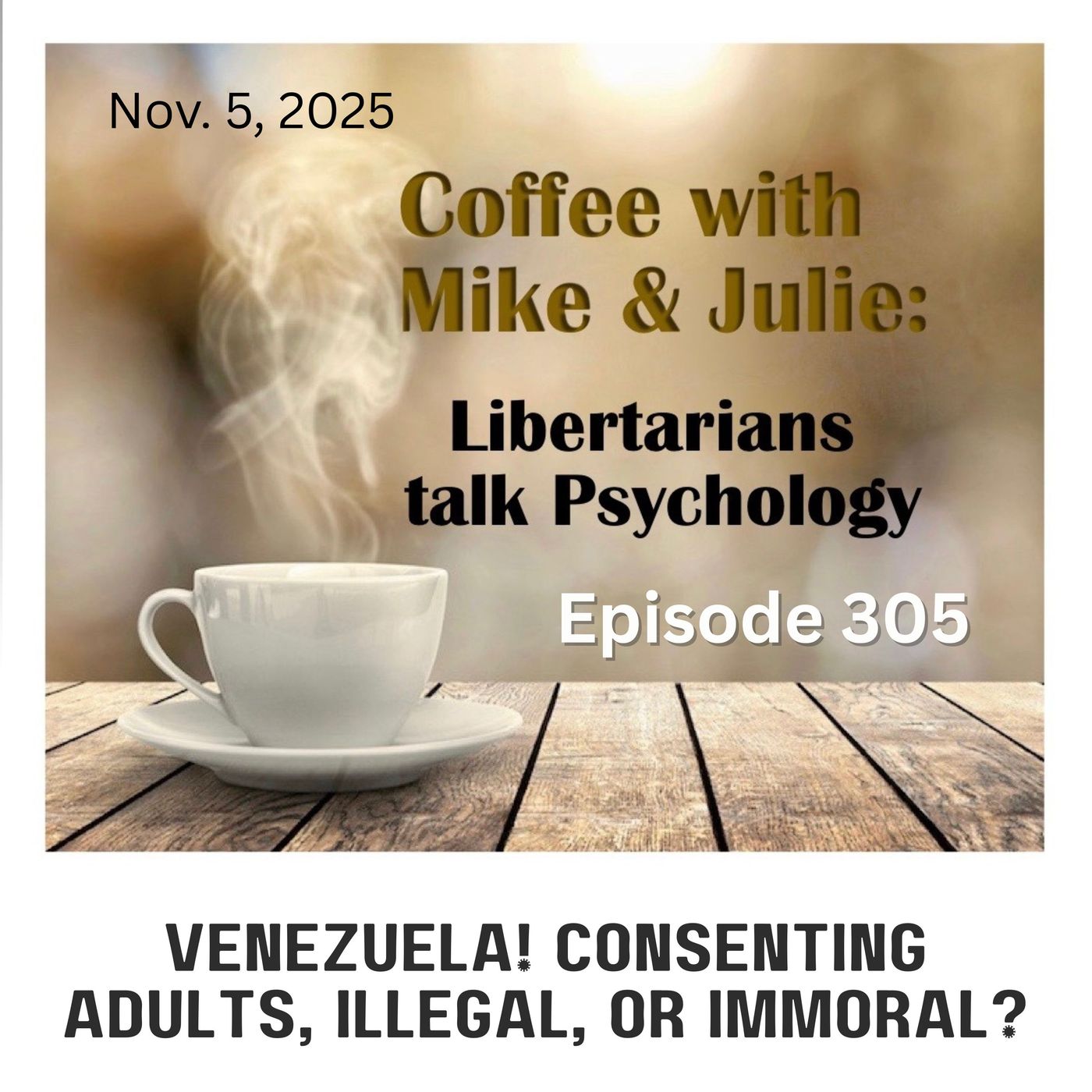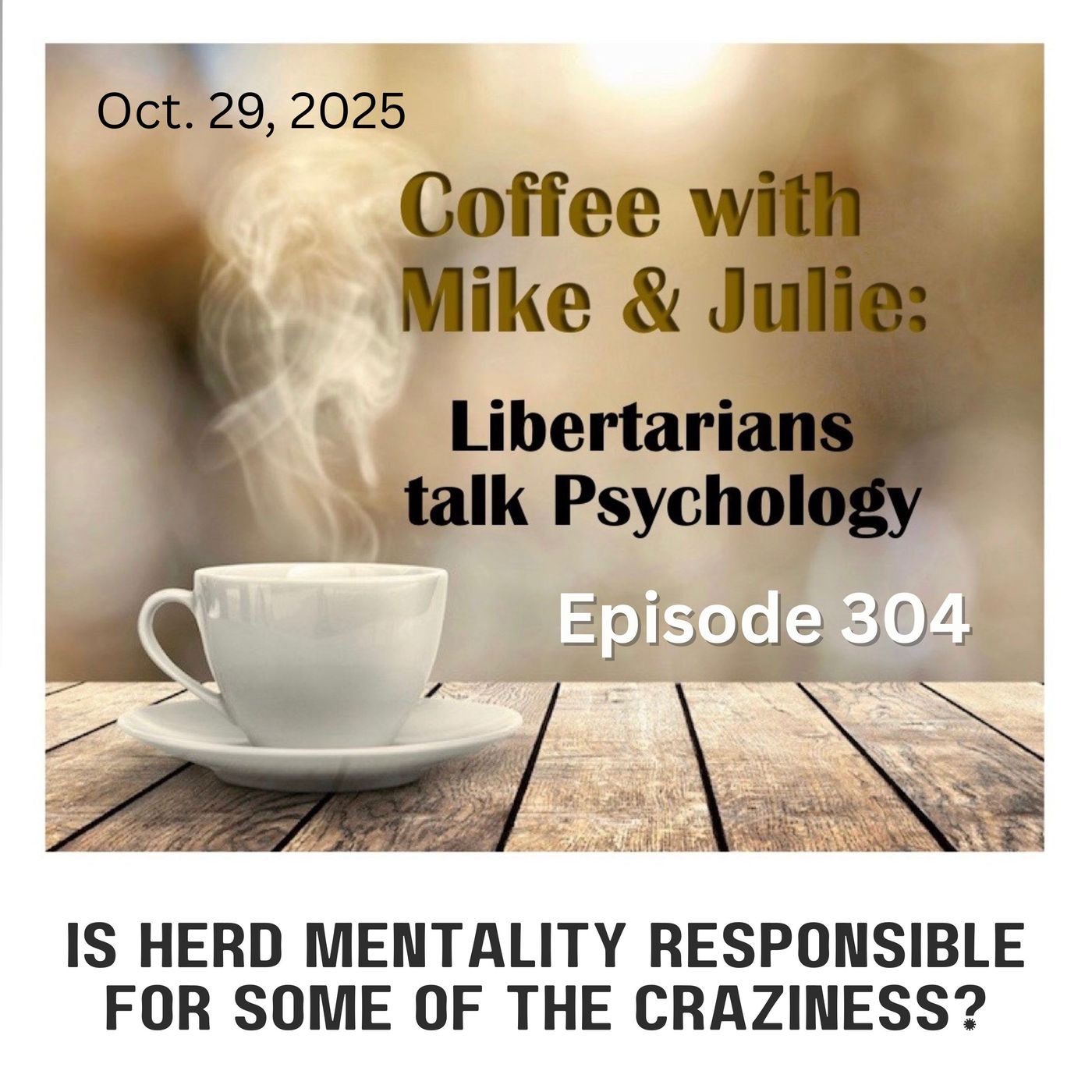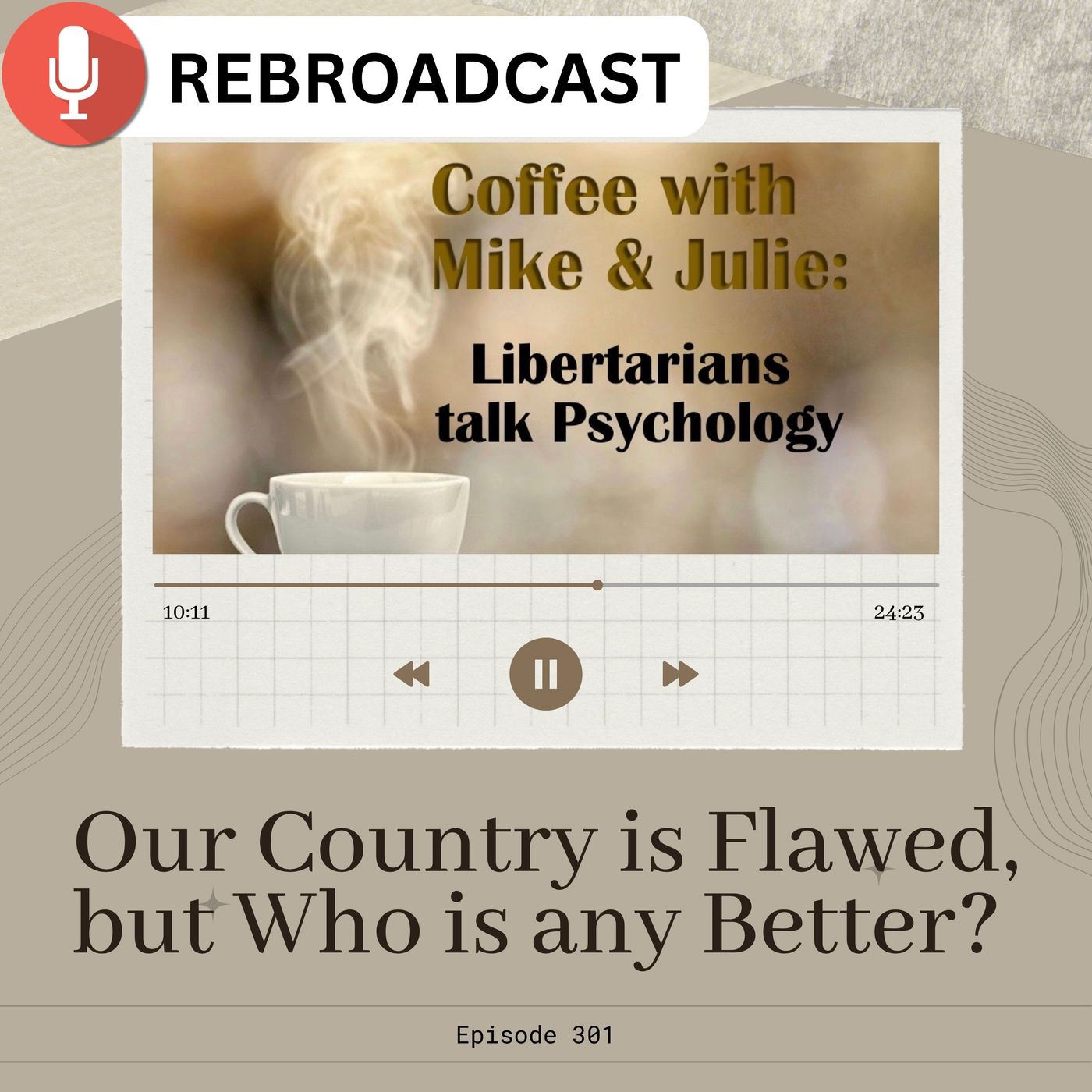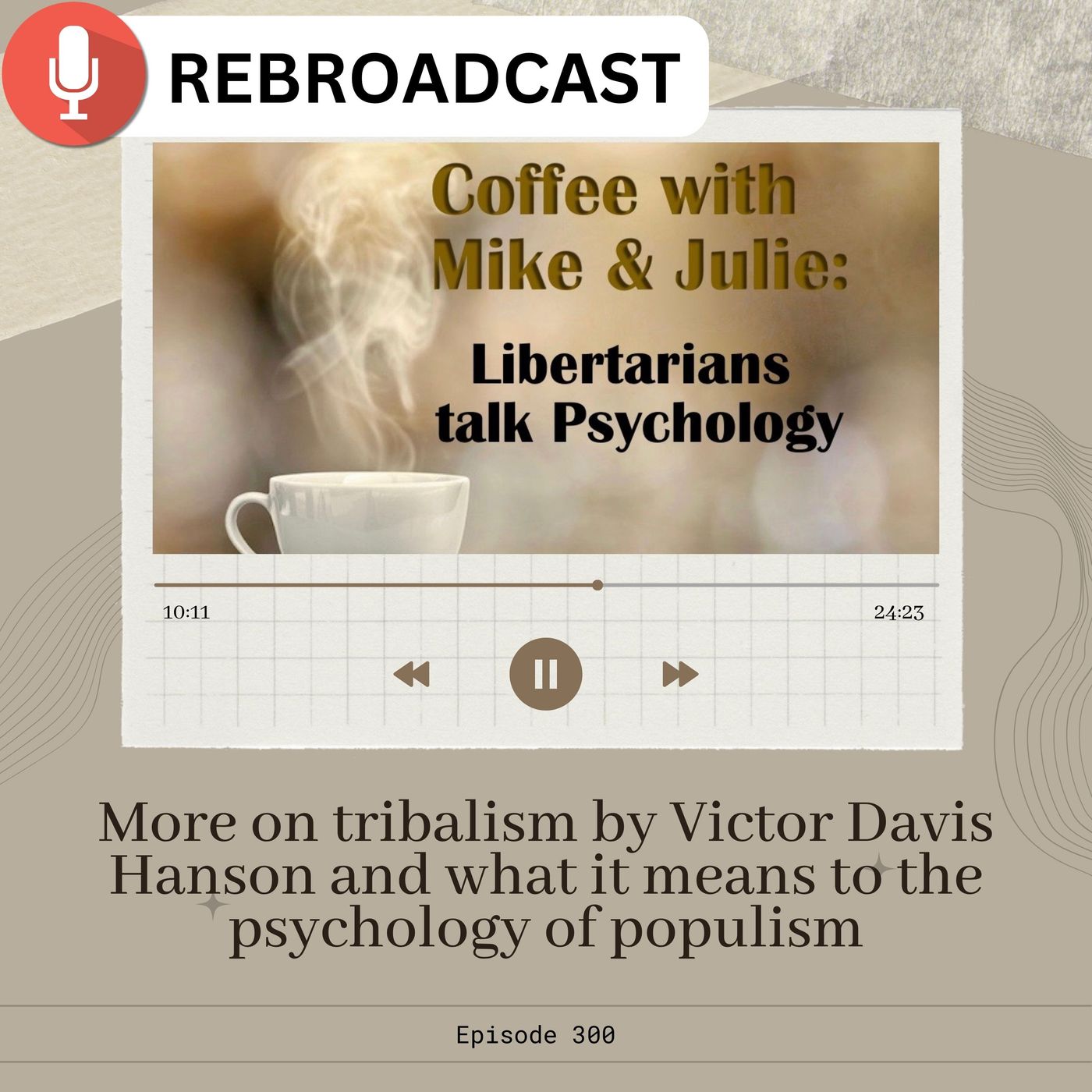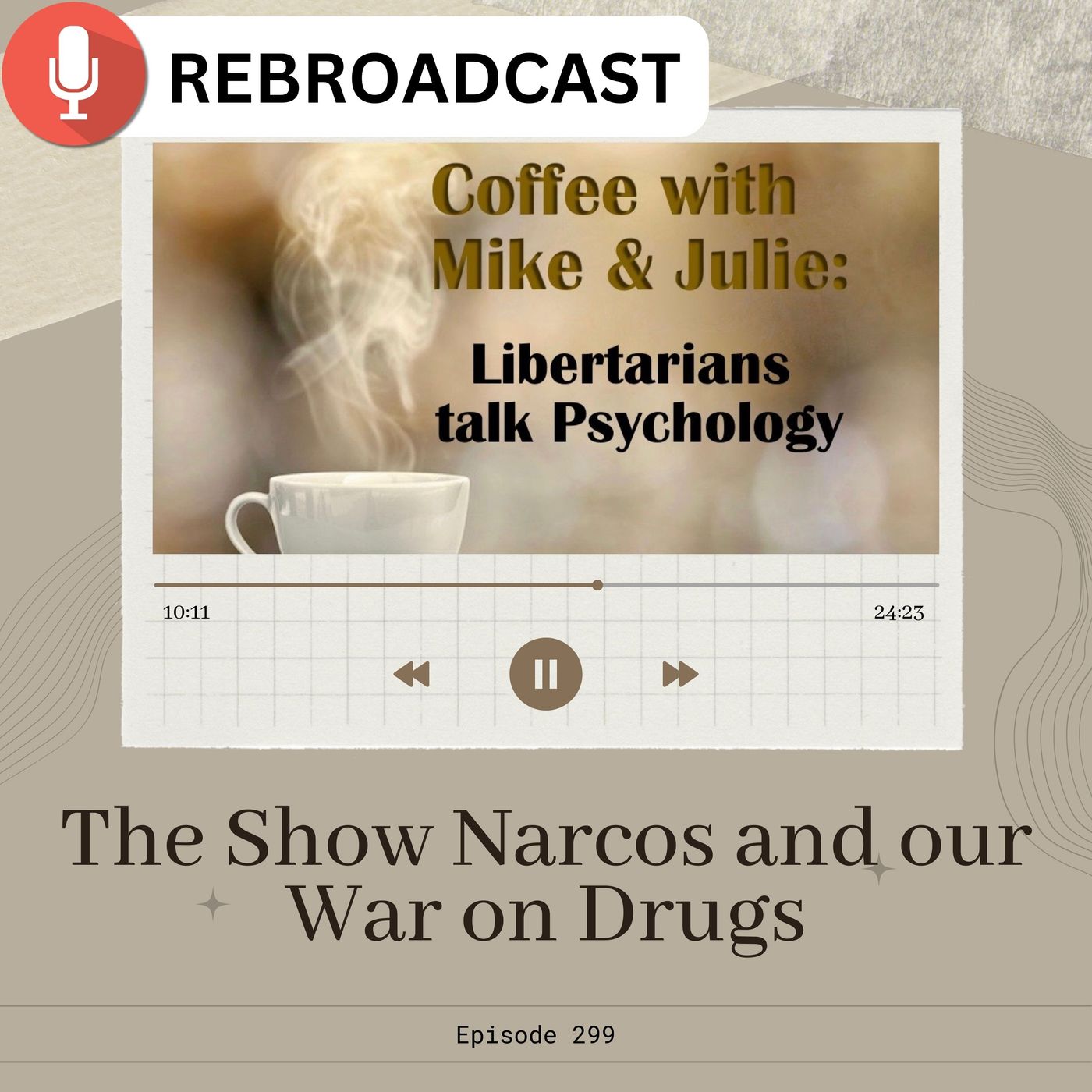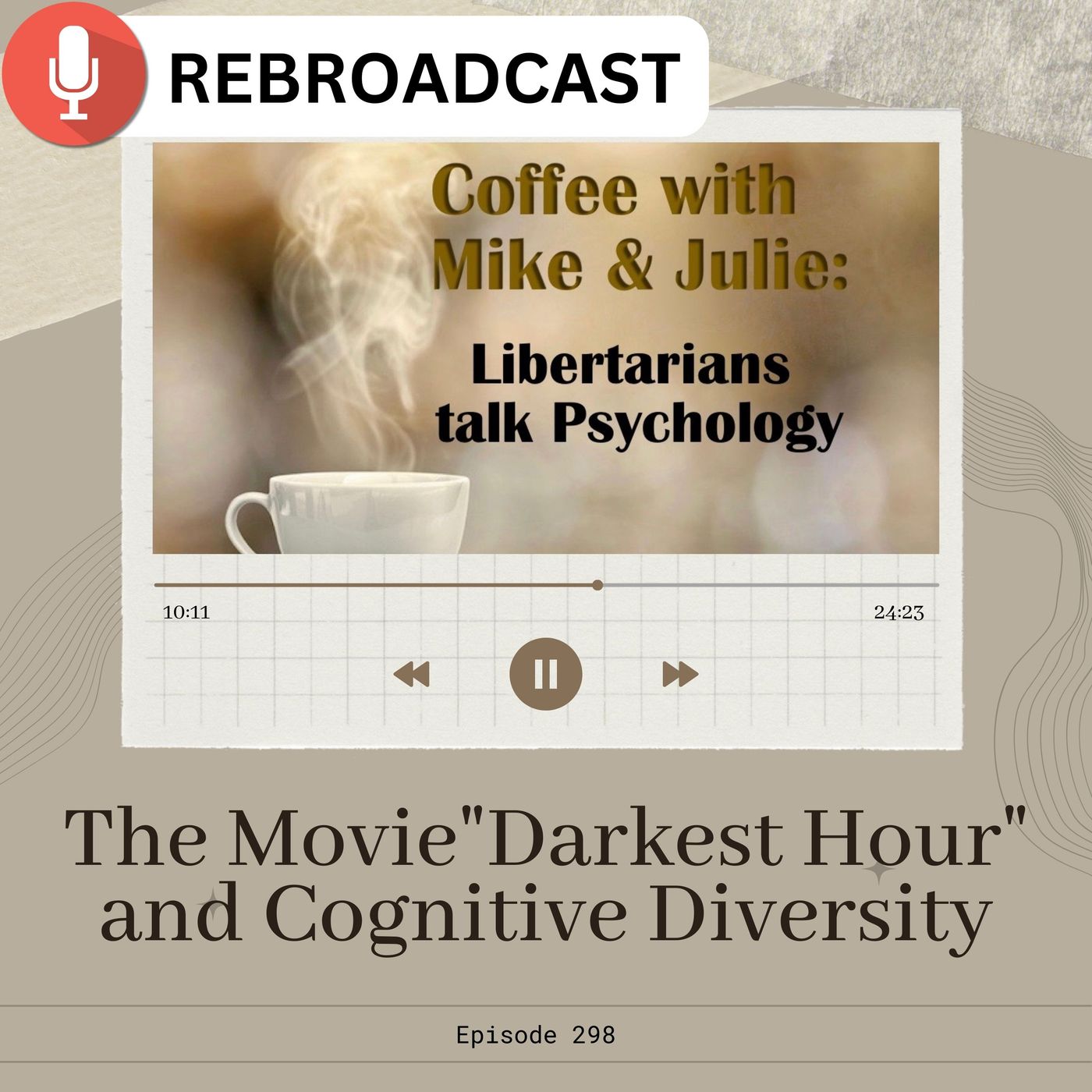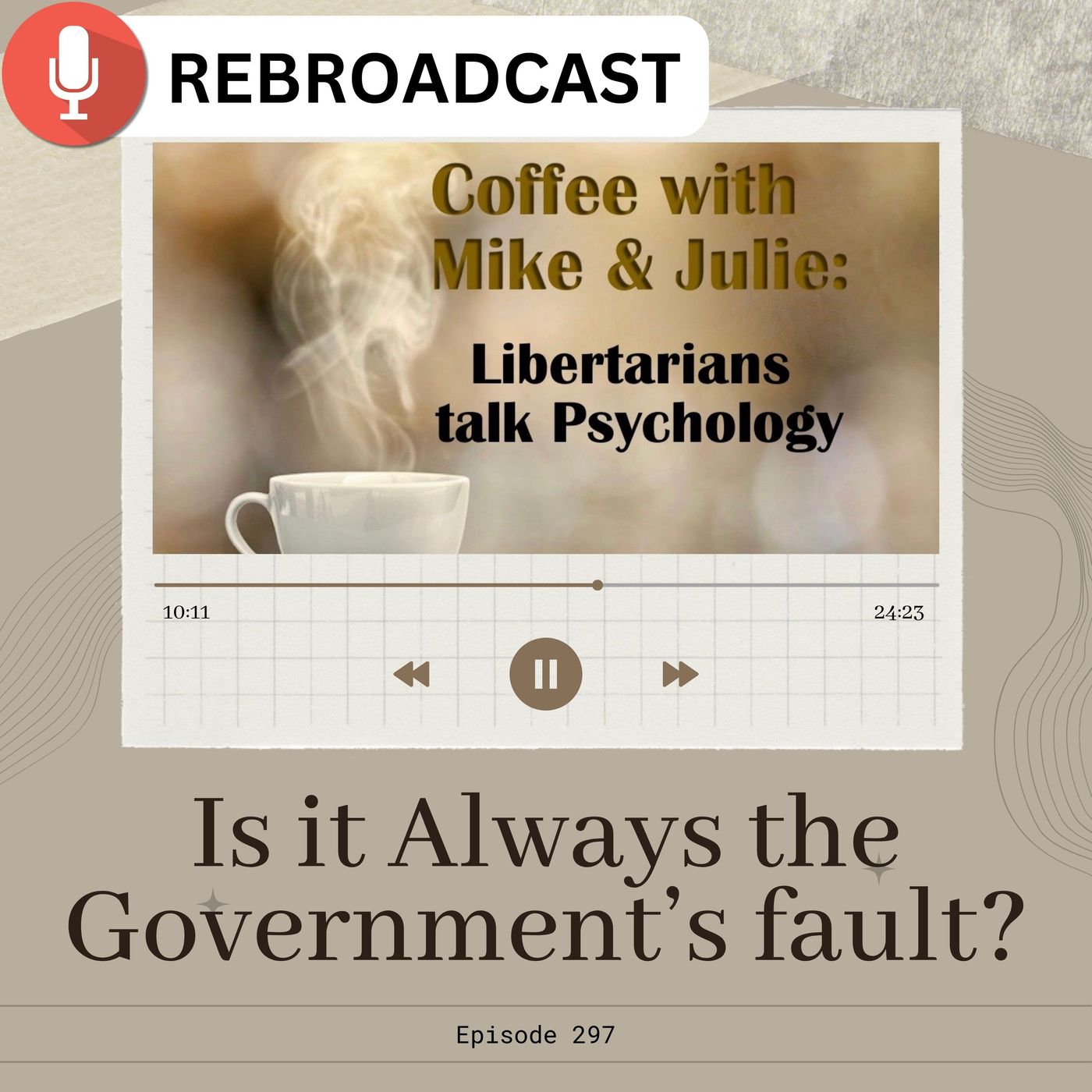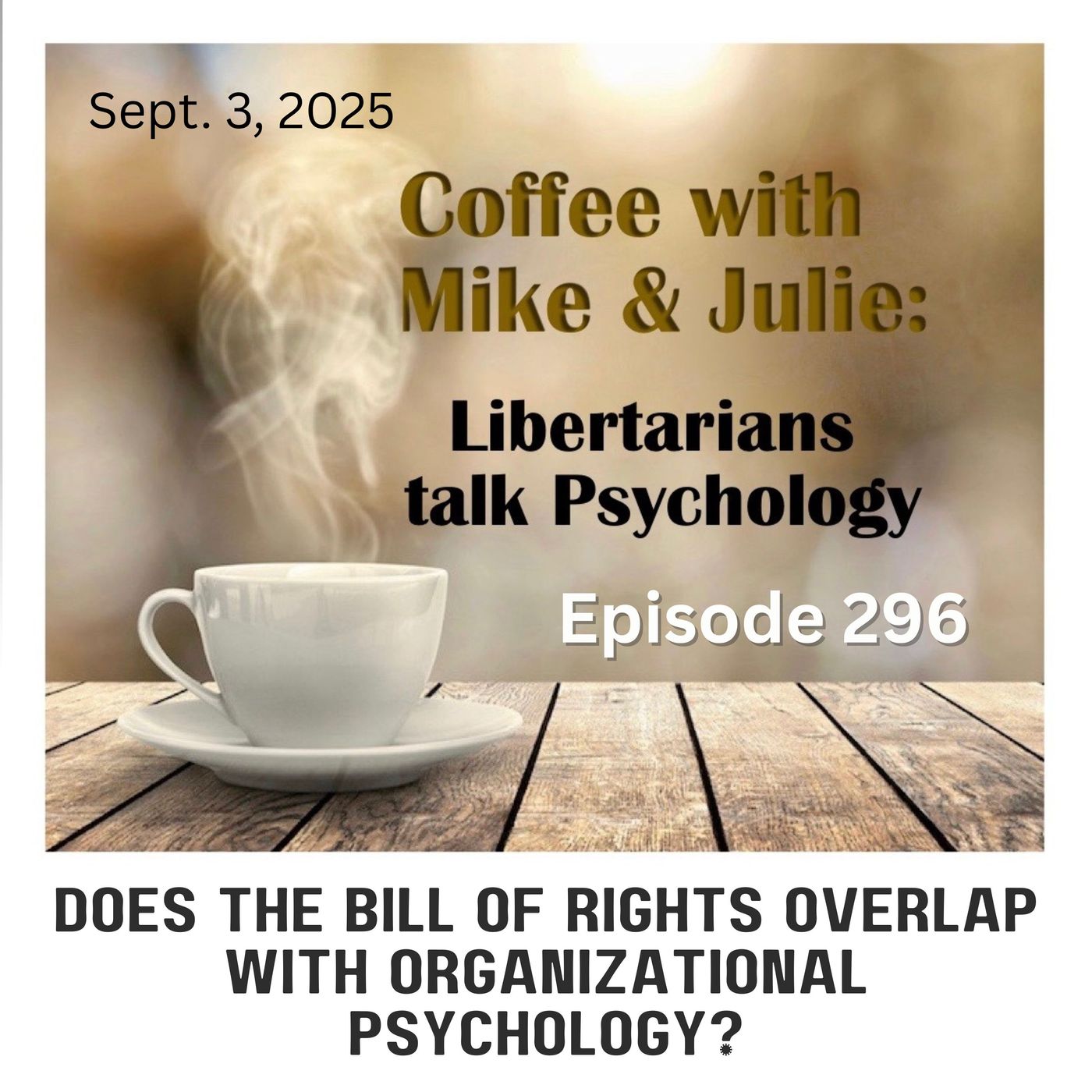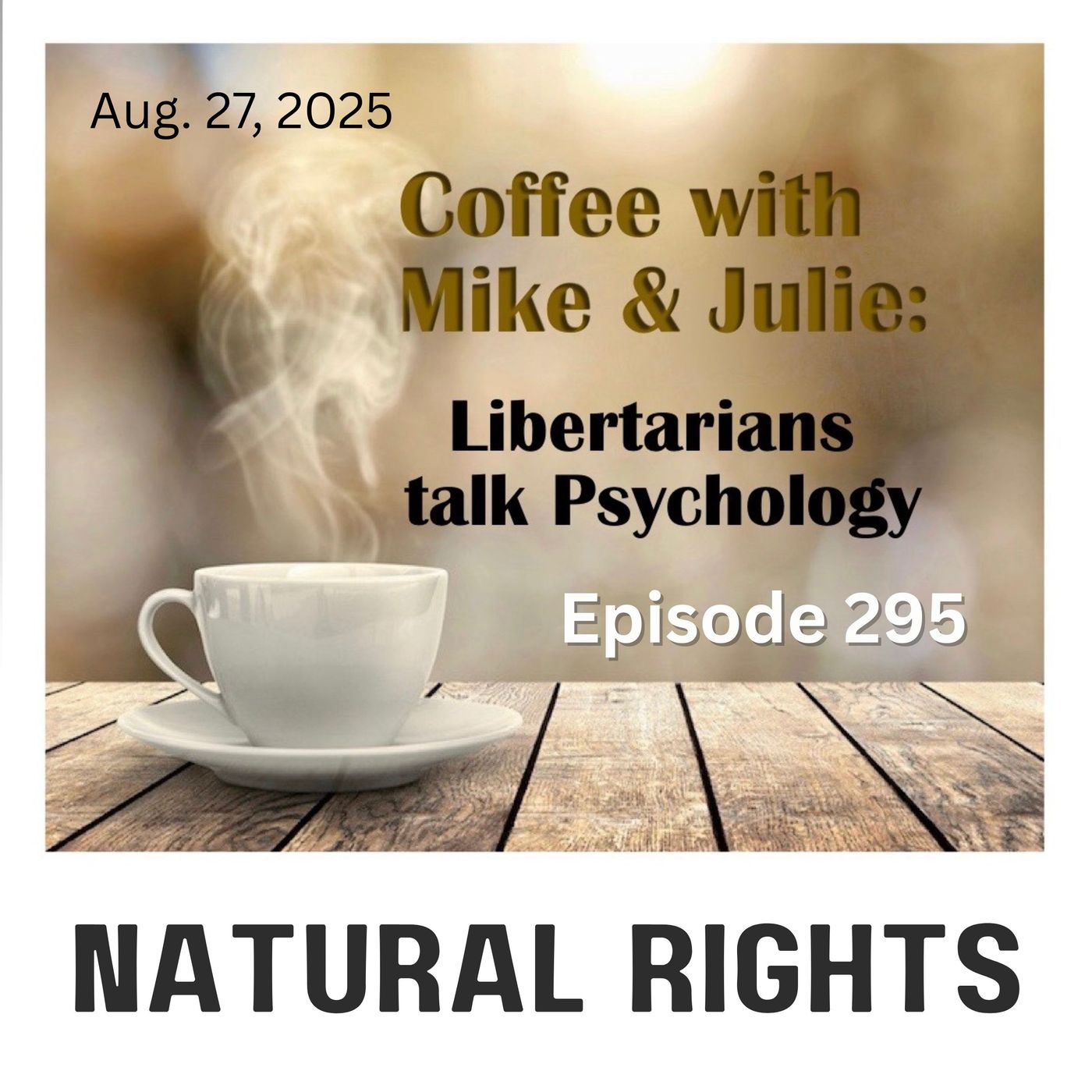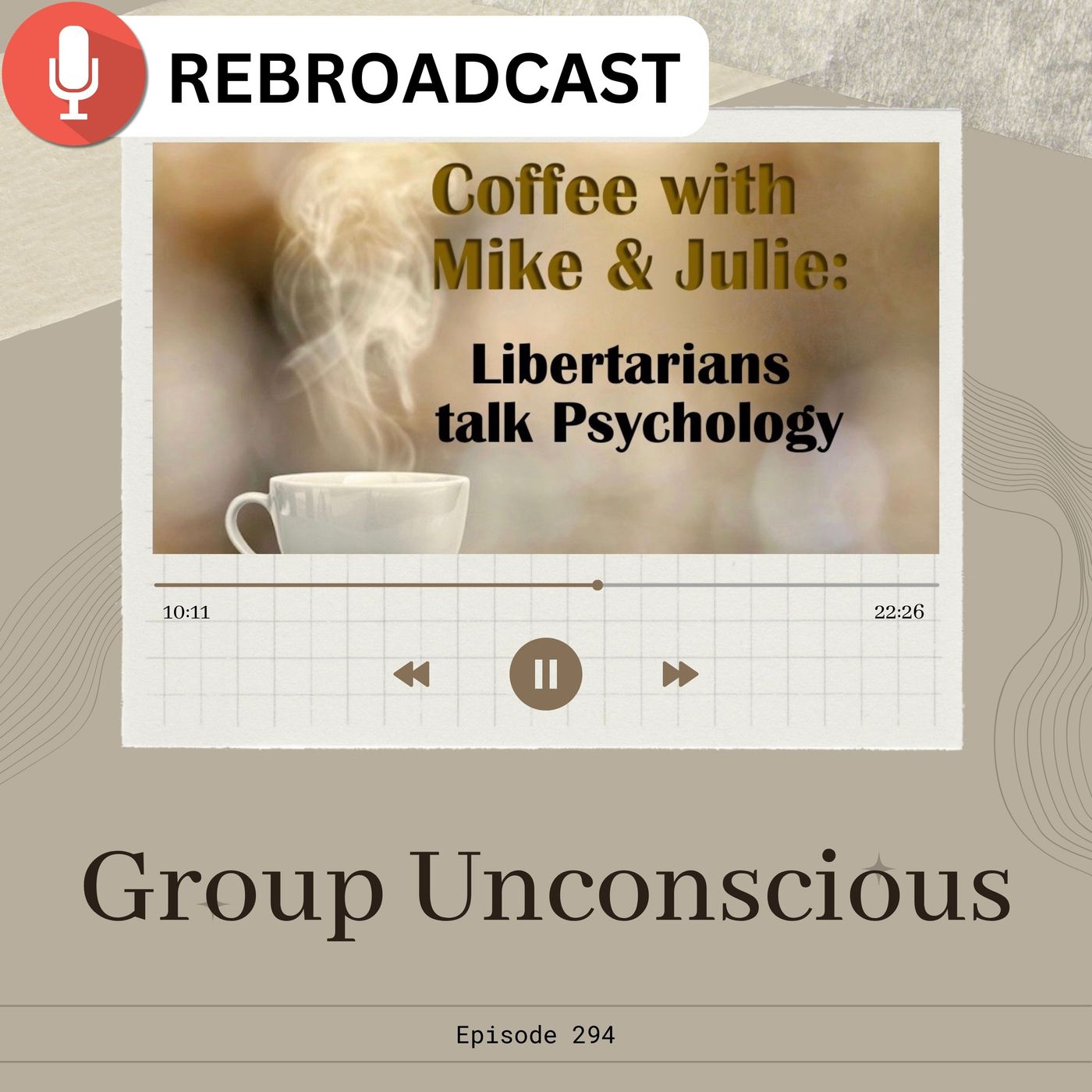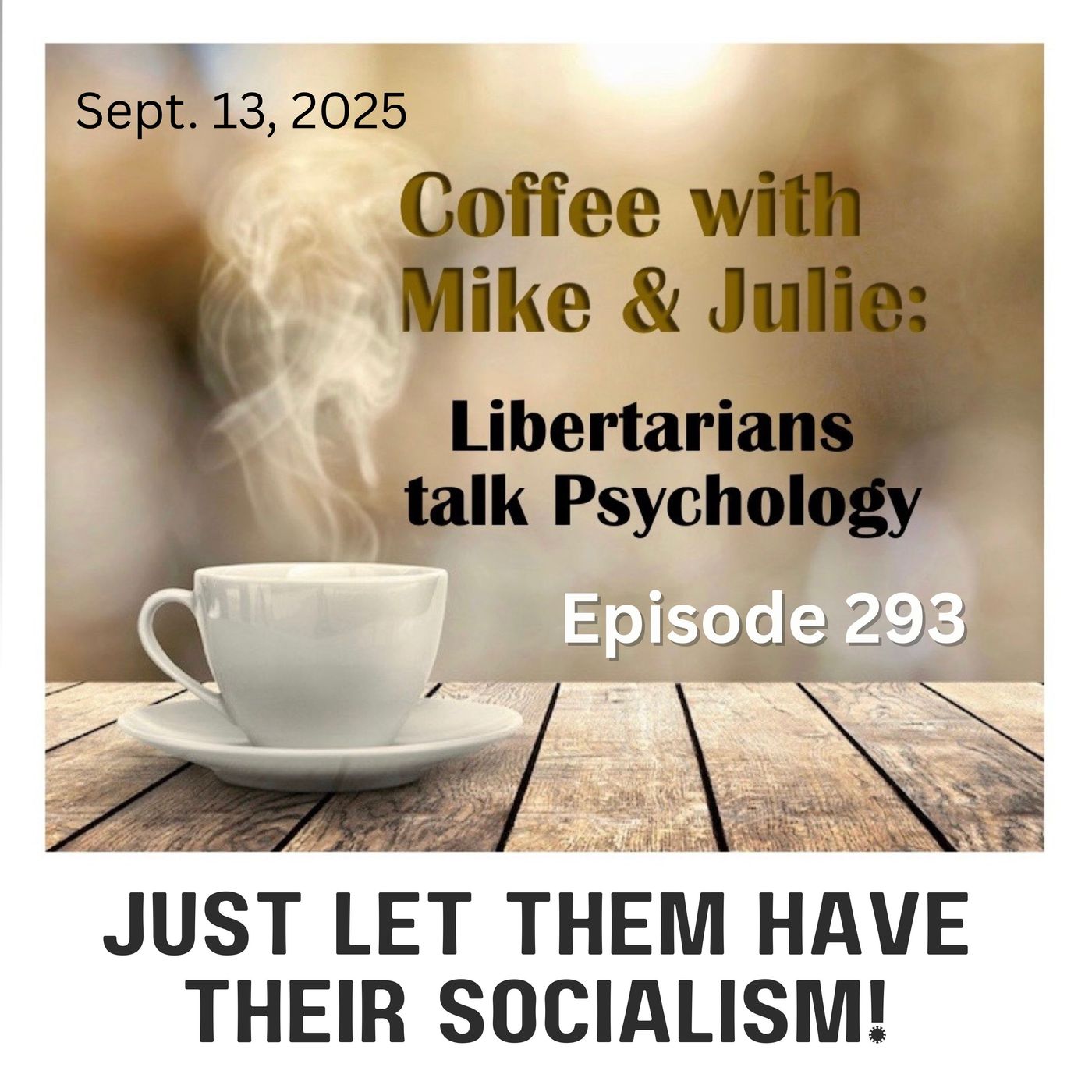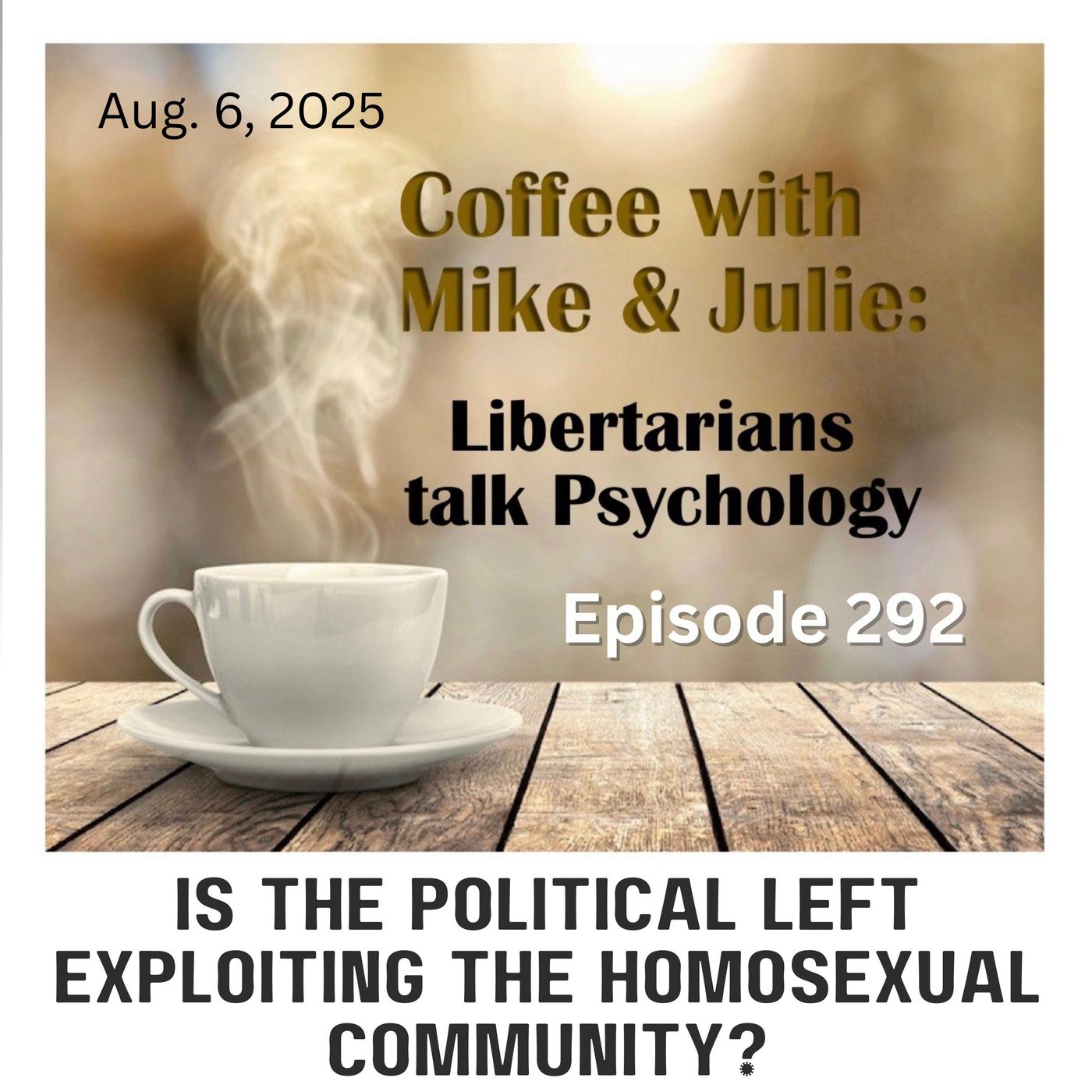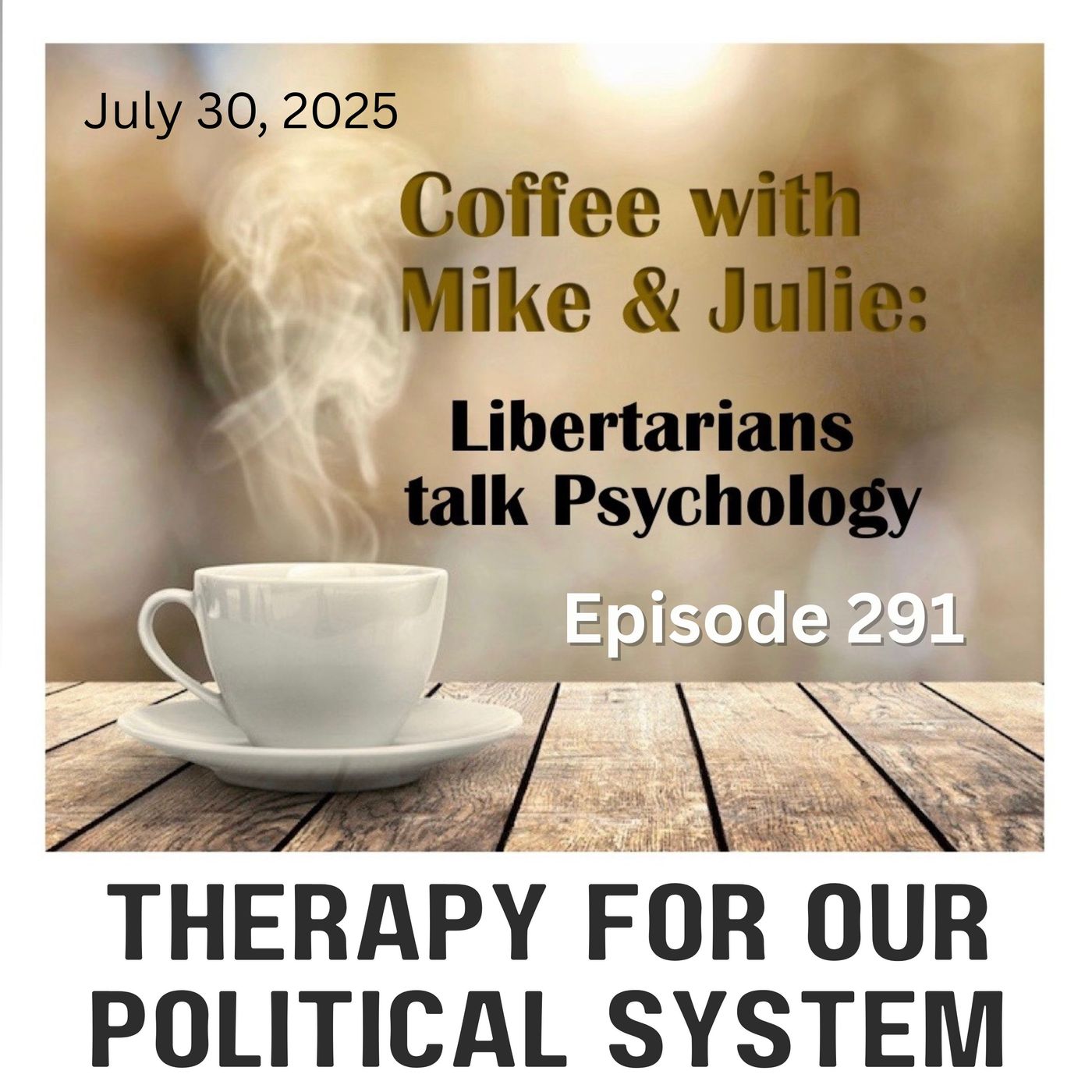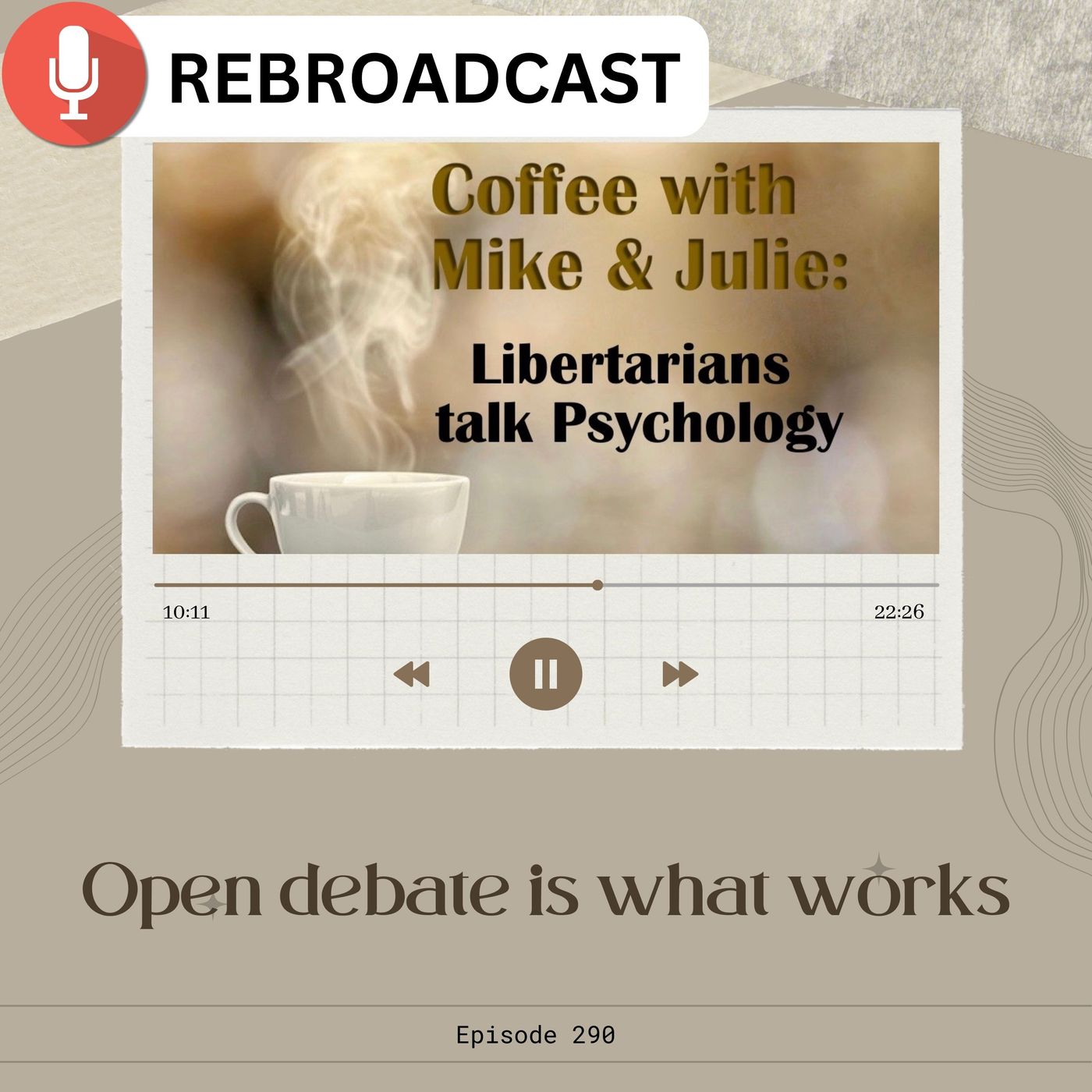A Quick Review of the Science about Racism (ep 302)
Update: 2025-10-15
Description
This is a rebroadcast of ep 168
In this episode of Libertarians Talk Psychology, Julie reviews a report on racial bias published by the Association for Psychological Science. We take a deep dive into what modern research says about racism, bias, and systemic disparities—and how these ideas are often misunderstood in public discussions.
Julie explains the difference between racism, which involves hostility or intent, and bias, which can occur without conscious awareness or malice. We explore implicit bias (unconscious) versus explicit bias (conscious), and how these affect perception, behavior, and policy.
The conversation also challenges the effectiveness of diversity training programs aimed at changing individual attitudes. Instead, the evidence shows that targeting institutional disparities produces better outcomes—aligning with the Libertarian perspective that systems, not thought policing, should be the focus of reform.
Join us as we blend psychological science, critical thinking, and Libertarian philosophy to better understand one of today’s most controversial and emotionally charged topics.
Follow Us:
YouTube
Twitter
Facebook
Bluesky
All audio & videos edited by: Jay Prescott Videography
In this episode of Libertarians Talk Psychology, Julie reviews a report on racial bias published by the Association for Psychological Science. We take a deep dive into what modern research says about racism, bias, and systemic disparities—and how these ideas are often misunderstood in public discussions.
Julie explains the difference between racism, which involves hostility or intent, and bias, which can occur without conscious awareness or malice. We explore implicit bias (unconscious) versus explicit bias (conscious), and how these affect perception, behavior, and policy.
The conversation also challenges the effectiveness of diversity training programs aimed at changing individual attitudes. Instead, the evidence shows that targeting institutional disparities produces better outcomes—aligning with the Libertarian perspective that systems, not thought policing, should be the focus of reform.
Join us as we blend psychological science, critical thinking, and Libertarian philosophy to better understand one of today’s most controversial and emotionally charged topics.
Follow Us:
YouTube
Bluesky
All audio & videos edited by: Jay Prescott Videography
Comments
In Channel

